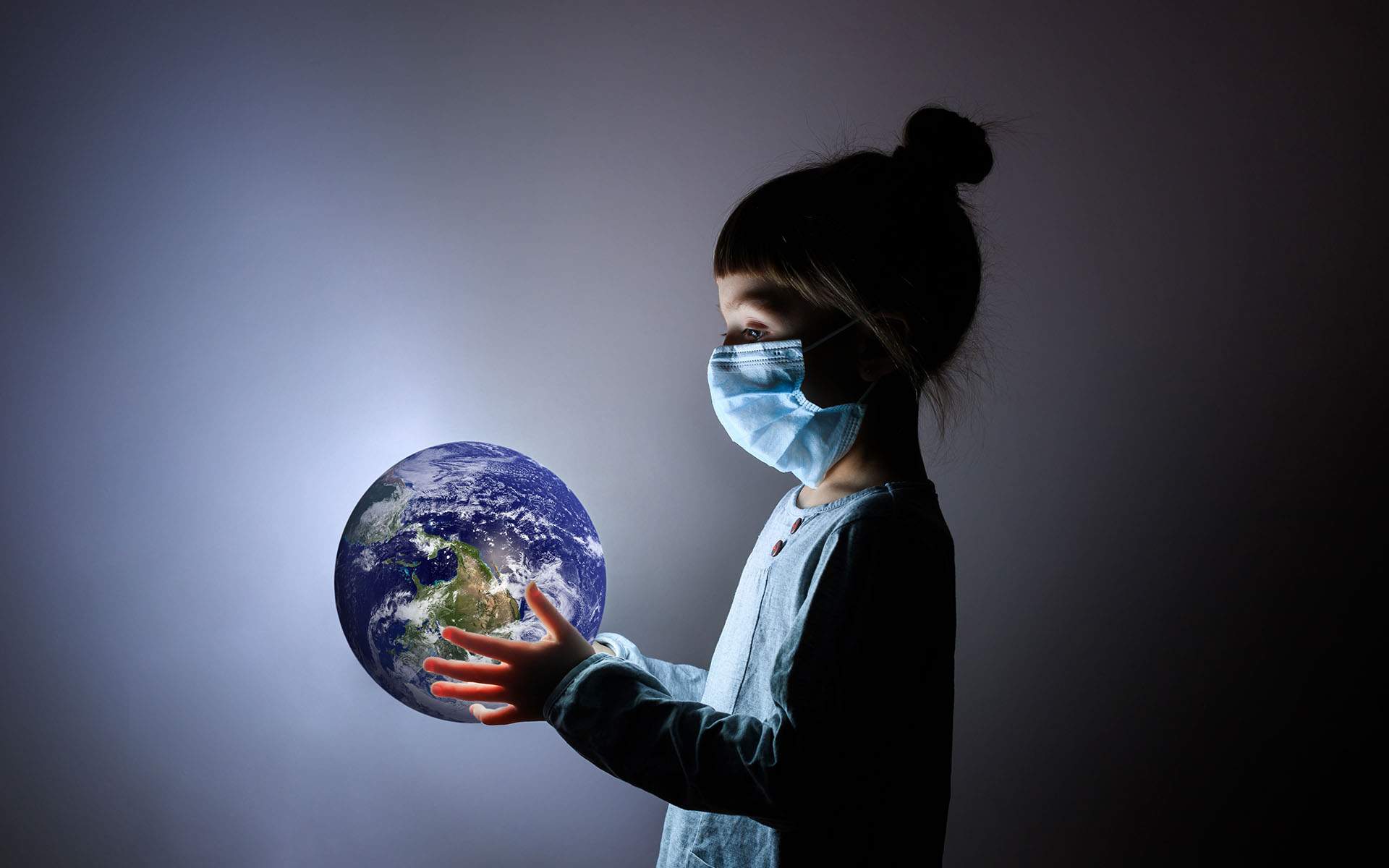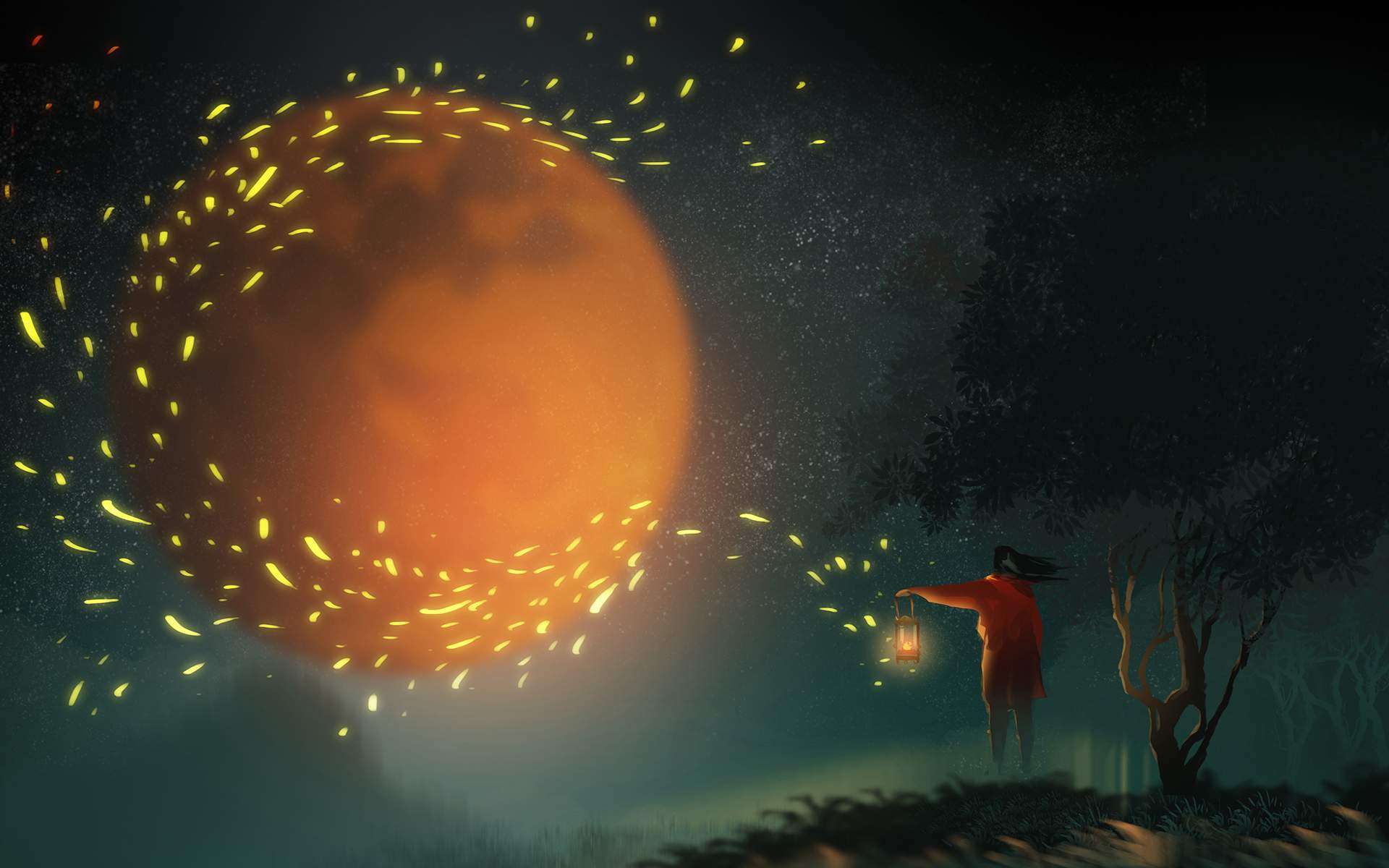We like to declare war on the things that frighten us most. The War on Crime. The War on Cancer. The War on Drugs. The War on Terrorism. Etc.
And now, of course, we’re said to be involved in the great Battle Against COVID-19.
I wonder whether COVID-19 can be effectively resisted in this way. So far our most effective means of reducing suffering have been to stay home, be quiet, and spend time with those closest. Stillness has been our best defense. Concern for public health has compelled billions of people to reduce their mobility, reduce their incomes, and make many other sacrifices for the common good.
Aggression, well, hasn’t been very useful at all.
I don’t think we can usefully employ a battle metaphor in this situation.
Sometimes when a critical situation stimulates my own instinct for violence, my fantasy of some cleansing act of aggression that might sweep away my anxiety, I have reluctantly acknowledged my opportunity for instruction. Right now, nature seems to be telling us something.
In every crisis we are given an opportunity to evaluate our habitual tendencies.
Right now, it seems to be a virus that’s teaching me a lesson.
6 Things Covid-19 is Trying to Teach Me
If I imagine COVID-19 as a sentient presence, aimed at changing my perspective, what are the lessons to be learned here? What is COVID-19 trying to teach me? If it had an intention, what might the virus say?
Maybe:
- Not all your fears can be relieved through aggression. In fact, you might want to take a look at the results of all humanity’s various wars, whether against people or problems, and assess your general failure to make yourselves happier or less fearful.
- Congratulations! You are an astonishingly compassionate and civic-minded species. Just look at the things you sacrificed—quickly and pretty willingly—in order to avoid the worst suffering in my pandemic. And you understood, already, that the number made seriously ill by my infection is small. Most people making those sacrifices were primarily concerned not for themselves, but for others.
- You truly live in a single global population of human beings. Nearly every person around the world can be simultaneously affected by a microbe, like me.
- Mortality is, likely as not, distributed randomly. You don’t know why one young person dies and another survives. Nature insists that you respect its inscrutability.
- Was your life of hyperactivity making you happy, or have you found new satisfactions in a calmer, less frenetic life?
- I live in you, but I don’t profit in any way from your suffering. That’s an accident. Many sources of human suffering are. Accidents, I mean. You may want to figure out a way of dealing with that.
President John F. Kennedy once pointed out, “The Chinese use two brush strokes to write the word ‘crisis.’ One brush stroke stands for danger, the other for opportunity. In a crisis, be aware of the danger—but recognize the opportunity.”
The second brush stroke may, instead, stand for “inflection point.” But that’s equally appropriate to our situation. In every crisis we are given an opportunity to evaluate our habitual tendencies. We train ourselves, these days, to habitually resort to aggression in a crisis. Until, of course, the crisis defies aggressive solutions. This crisis calls us to consider stillness, patience, and compassion as better alternatives.
Imagine what we might accomplish if we considered those alternatives more often in dealing with all kinds of challenges—social, economic, political, and so on. We might find one day that COVID-19 has, ironically, helped us create a more congenial and sustainable future.
Read More
What I’ve Learned From My Dog During a Pandemic
Performance expert Mark A. Campbell reflects on three valuable lessons he’s learned while spending more time at home with his four-legged mindfulness coach.
Read More
A 7-Minute Guided Meditation to Embrace Fear
Loch Kelly guides a short meditation to welcome any difficult emotions that may arise during this challenging time.
Read More








